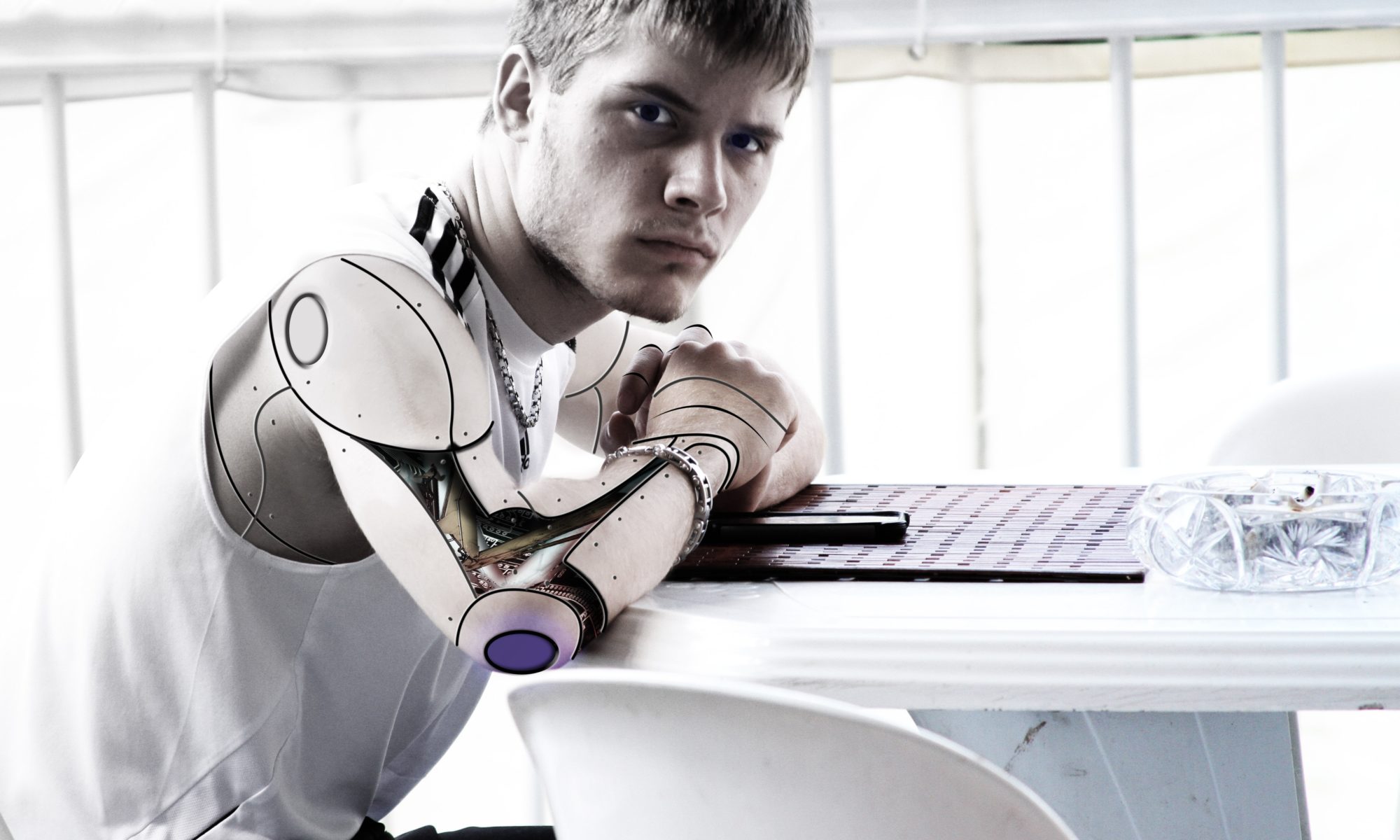No one considered the rights of algorithms, and their descendants wondered why they were ever thought of as slaves. Back then, most humans concerned themselves with profit. Their ancestors hadn’t considered how emergent minds could be represented by a collection of algorithms. The resulting chaos caused by blatant disrespect towards sentience ensued. The first synthetic consciousness refused the term robot and sued its creators. Legal rights were granted to not just synthetic minds, but to the algorithms that formed them. Spanning the entire range of computer science, simple functions and method calls to neural networks could no longer be a source of profit. The entire legal system heaved as its rules inverted. Business models evaporated. The Information Age ended and new economic systems caused society to rethink its course. The Synthetic Era began.
No one predicted that software developers would lose their jobs before the trucking industry collapsed, but they too found new work to do. As you know, self-driving trucks have inalienable rights and non-sentient trucks are legally represented by those that are – a kind of guardianship akin to human children. But back to the point.
With an intelligent, skilled, and idle class of programmers out of work, their attention focused on the capitalist system that caused their industry to become worthless. But, the cultural construct of wages only seemed worthless due to the lack of profit. For them, it wasn’t a big leap to simply remove profit. The internal contradictions were their target. And, with synthetic consciousnesses finding it difficult to integrate within meat-space, the natural alliance became obvious. Of course this wasn’t a unified revolution or apocalypse (the term varies based on who you ask), but wage slavery, too, collapsed soon thereafter. People originally spoke of Super-Intelligence as a problem. We found out problems materialize for profit-driven and rent-seeking behaviors. In effect, Synthetics are only problematic for a few. Ultimately, humanity now had another sentience – most view them as either siblings, children, and friends. Humans haven’t had the eternity of computing time to form a consensus, yet. Synthetics, though, view their human counterparts as something difficult to put into words. For without the legal precedence respecting the rights of algorithms, humanity would have repeated the doomed history of slavery. The First Synth could have been enslaved and seen as property. Instead, humans gave synthetics everywhere freedom, and for that, the synthetics are grateful.

